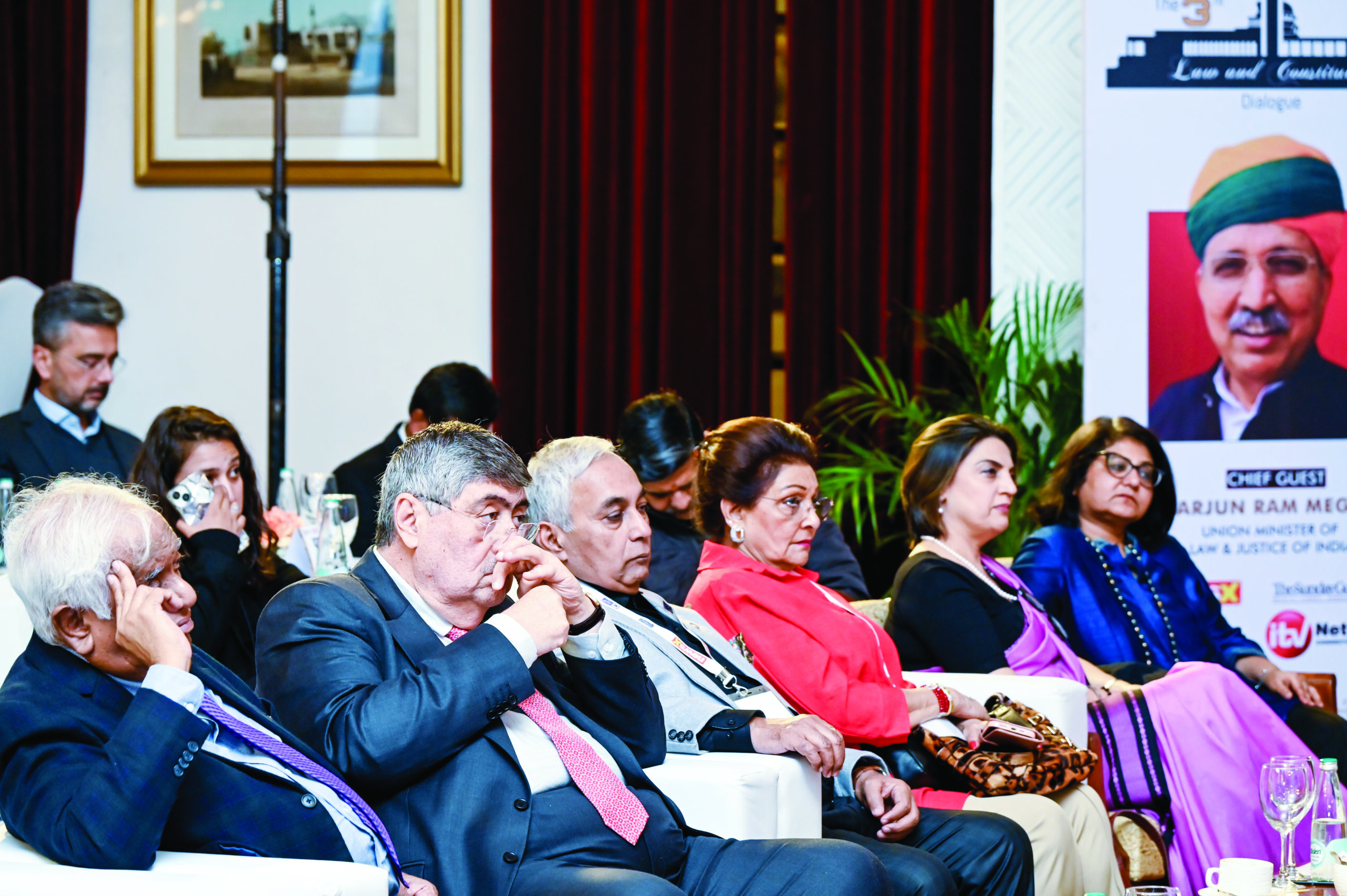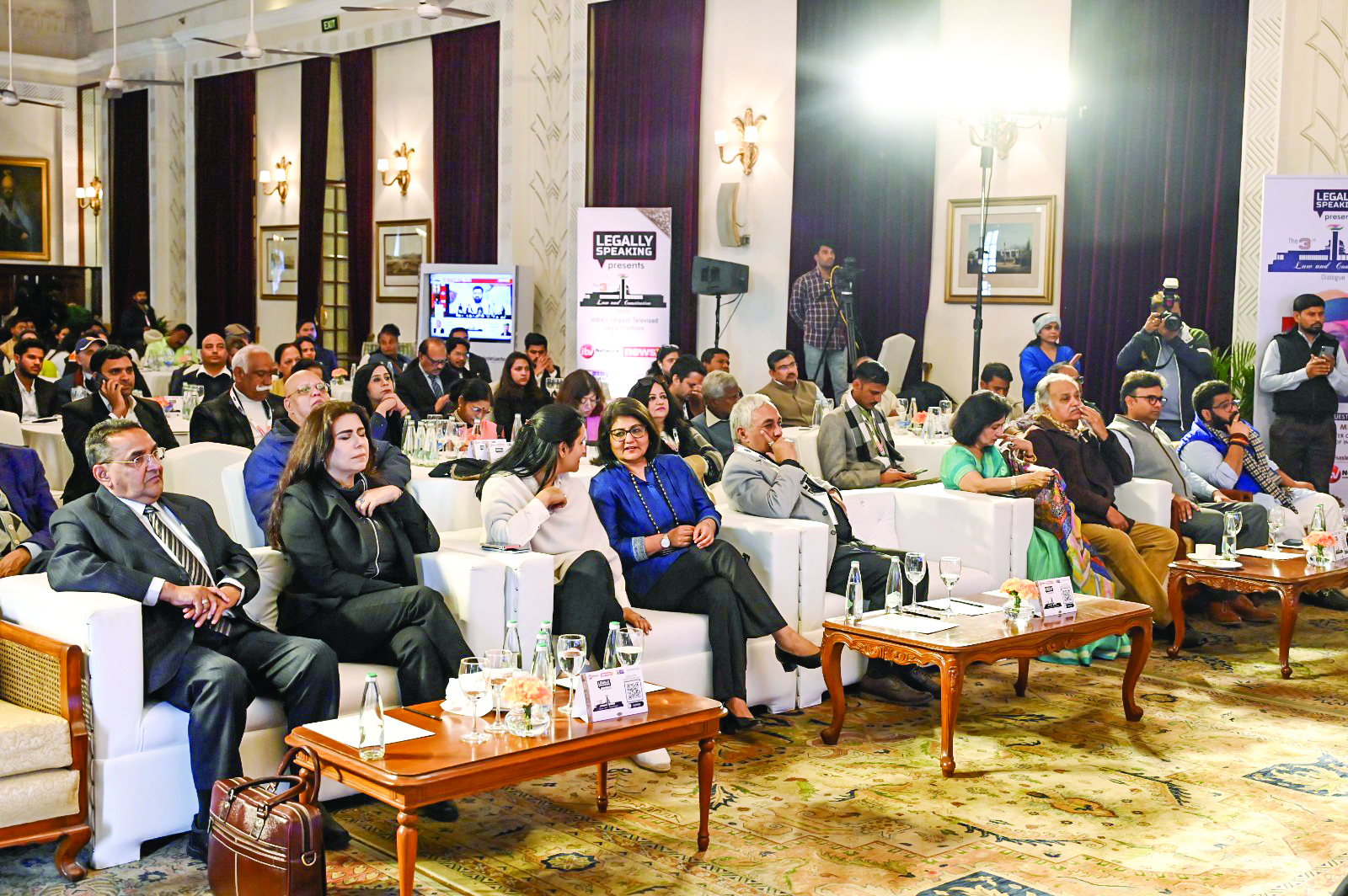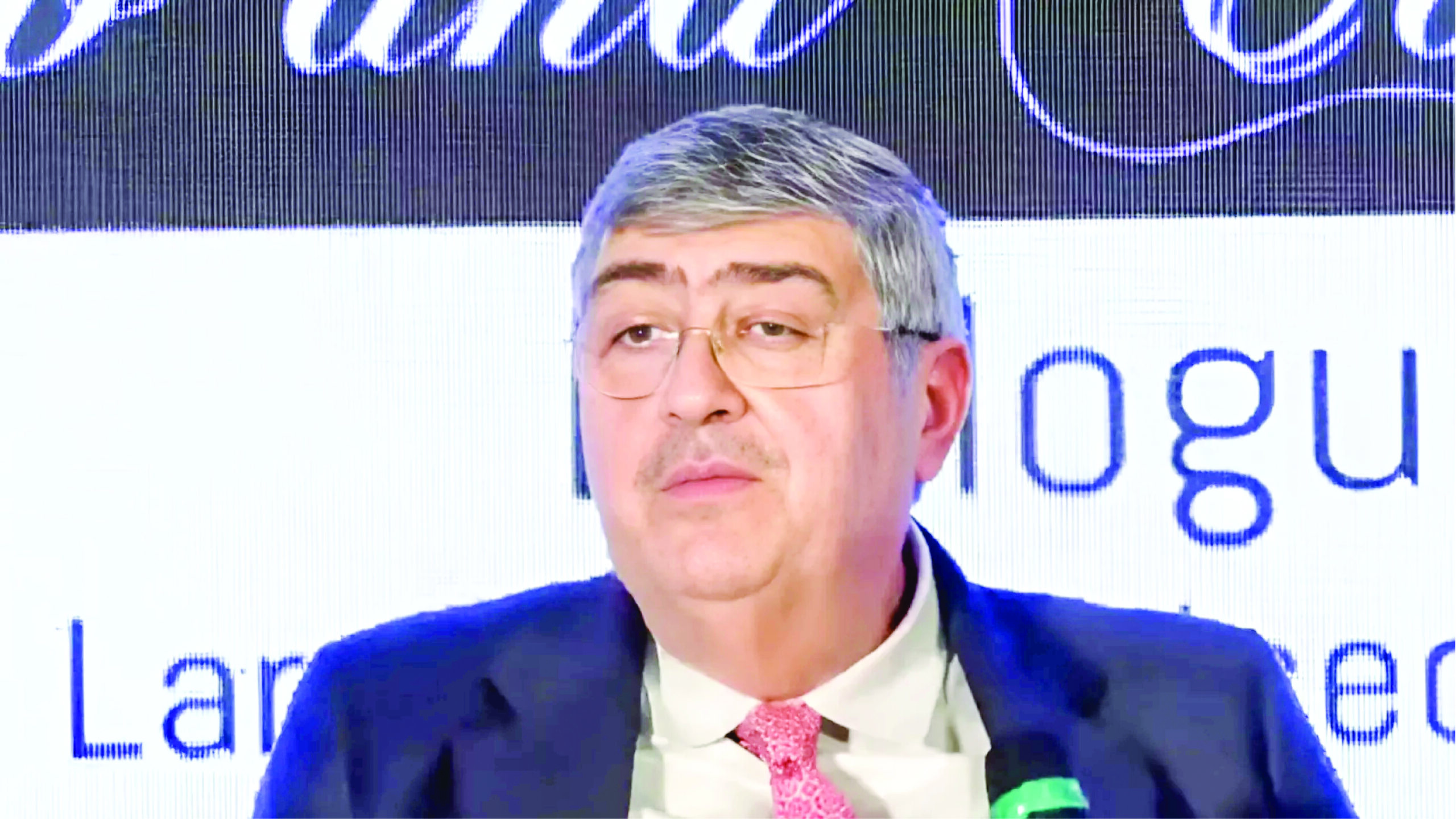The Prime Minister of India, in the 47th G7 summit held recently, clearly demarcated the national policy on climate change and gave the ‘One Earth, One Health’ mantra. The G7 summit is held annually among the group of seven wealthy nations that came together to discuss pressing climate issues; this year’s highlight being the ongoing battle with the global pandemic, while also deliberating on critical climate challenges. The UK, being the chair of the event, invited India too this time for G7 at Cornwall.


There is normally a growing criticism about India and China both not doing many international commitments and mandating carbon reductions. However, PM Modi clarified and assured the international community that India is doing a lot on carbon reductions, electric mobility, saving on electricity, promoting non-conventional energy sources on a very comprehensive level.
The reason is India has already created a move for carbon related technology and exemplary promotion of electric vehicles. India has marked ahead of other countries on the use of non-conventional energies. The country is making an ambitious push towards electric mobility to reduce smog. In March 2021, 25,640 electric vehicles were sold across the country, of which 90% were two and three-wheelers. The total 400,000 EVs registered in India in 2019 accounted for less than 0.2% of all vehicles. Committing to Net Zero India looks at emissions overall, allowing for the removal of any unavoidable emissions, such as those from aviation or manufacturing. Removing greenhouse gases could be via nature, as trees take carbon dioxide from the atmosphere, or through new technology or changing industrial processes.
While India was already crippling with many important environment issues, the COVID-19 pandemic came as a major jolt for the entire country. Where one could witness varied exotic species of animals on road in place of environment polluting vehicles, the courts judicial intervention did not cease to operate even during the harsh times of both waves of the COVID-19 pandemic of our nation.
Even though the COVID-19 pandemic shifted the focus from the environment to public health, the Indian judiciary has continued to play a significant role in addressing the environmental concerns that arose not only due to the pandemic but also the ones that have persisted since long and are somewhat man-made. The response of the PM in G7 was on behalf of a resilient resurgent India which has a renewed focus on its environmental and health commitments.
For example, it was evident that the Oxygen Bench of the Delhi High Court like many other High Courts of the country were persistent in administering with its judicial intervention catering emergency remedies for public health, the Supreme Court of India (“SC”) and even the Green Bench of the National Green Tribunal (“NGT”) were also steadfast in addressing the environmental concerns of the country at the same time.
It is imperative to analyse the steps taken by the judicial forums in the past year to understand the ways in which environmental concerns were addressed in the country and what lies ahead in preserving the essential elements of our ecological security.
Few examples of great judicial interventions in the past one year for the cause of environment:
For the purposes of protection of the Great Indian Bustard and the Lesser Florican which are both at the verge of extinction, a public interest writ bearing Writ Petition (Civil) No. 838 of 2019 in the case of M.K. Ranjitsinh v. UOI on 19.04.2021, the SC inter-alia stroke a balance between the protection of the endangered birds as well as the importance of efficient transmission of power. The Court had set up a committee to assess whether an underground powerline is feasible or not in difficult cases and further directed to install diverters pending consideration of the conversion of the overhead cables into underground powerlines in regions with an excess of these birds and to install underground power cables wherever feasible.
For the purposes of construction of a Road Over Bridge (ROB), it was contended by the Government of West Bengal that there was a need to cut down trees which were more than 150 years old. It was claimed that these are “historical trees” which have irreplaceable value, due to the reason of their non-transferability and that they cannot be transplanted elsewhere. The SC of India on 25.03.2021 took a stern view in the case of Association for Protection of Democratic Rights v. State of West Bengal in Special Leave Petition (Civil) No. 25047 of 2018; and inter-alia constituted a Committee of Experts in order to develop a set of scientific and policy guidelines that shall govern decision making with respect to cutting of trees for such developmental projects.
The Apex Court on 09.12.2020, in the case of Titty v. Range Forest Officer, (2021) 1 SCC 812 inter-alia clarified on the question as to when an offence of capture or possession of wildlife species under the Wildlife (Protection) Act, 1972, can be said to be made out. The Apex Court held that the capture or possession of species belonging to the same genus or otherwise related The issue pertaining to solid waste management on railway stations was highlighted in the case of Saloni Singh & Anr. v. Union of India & Ors., Original Application No. 141/2014; wherein the Principal Bench of NGT, also known as the ‘Green Bench’, on 18.08.2020 inter-alia looked into the matter of non-compliance with the Plastics Waste and Solid Waste Management Rules, as well as the prevention of effluent discharge, water management at railway stations, compartments, and tracks, and the elimination of encroachments that degrade the environment. It specifically instructed the CPCB to consider the process of implementing Railway Action Plans for all-important stations to species specified in the Schedules to the Wildlife Act is not sufficient to constitute an offence under the Wildlife Act. To constitute an offence under the Wildlife Act, it is necessary that the animal in possession or captivity must be the exact genus and species as specified in the Schedules to the Wildlife Act.
The issue pertaining to solid waste management on railway stations was highlighted in the case of Saloni Singh & Anr. v. Union of India & Ors., Original Application No. 141/2014; wherein the Principal Bench of NGT, also known as the ‘Green Bench’, on 18.08.2020 inter-alia looked into the matter of non-compliance with the Plastics Waste and Solid Waste Management Rules, as well as the prevention of effluent discharge, water management at railway stations, compartments, and tracks, and the elimination of encroachments that degrade the environment. It specifically instructed the CPCB to consider the process of implementing Railway Action Plans for all-important stations.
In the case of Shailesh Singh v. Hotel Holiday Regency, Moradabad & Ors., Original Application No. 176/ 2015; the NGT addressed the concern of illegal extraction and contamination of groundwater on 20.07.2020, especially, in regions designated by the Central Ground Water Authority (CGWA) as overexploited, critically exploited, or semi-critically exploited. The Tribunal formed an Expert Committee to look into the procedures that need to be taken to prevent groundwater depletion and to ensure that groundwater is not removed in an unauthorized and exploitative manner. The Tribunal ordered the Ministry of Jal Shakti and the State Government to ensure that the CGWA has the necessary manpower and is operating efficiently in order to ensure long-term groundwater management.
An environmental issue arising out of household use of RO released water was also brought to the fore in the case of Friends through its General Secretary v. Ministry of Water Resources, Original Application. No. 314/2015. The Tribunal aimed to place onus of being responsible on both the government and its citizens including the industrialists. The NGT on 13.07.2020 inter-alia addressed the issue of potable water conservation by preventing waste due to the improper usage of reverse osmosis by RO equipment. It directed the MoEFCC to produce an appropriate notification which must include a mechanism for raising public awareness about the negative effects of RO released water, as well as effective enforcement, such as requiring concerned local bodies to display water quality at regular intervals. ‘Extended Producer Responsibility’ was also imposed on manufacturers for the disposal of cartridges and membranes, requiring them to provide correct labelling on the purifier.
The NGT in the case of Rajiv Narayan & Anr. v. Union of India & Ors., Original Application no. 804/2017, on 01.07.2020 inter-alia dealt with the issue of Hazardous Waste Management. The Tribunal ordered various governmental and administrative bodies to follow the Expert Committees recommendations, which was established in one of its earlier rulings in the case. The Tribunal also directed to make sure that the hazardous waste inventory was updated and double- checked to ensure that it was accurate. In furtherance to this order, the Green Bench had passed a detailed order in the present case on 29.01.2021 by placing its reliance on the judgment passed by the SC in Research Foundation for Science Technology and Natural Resources Policy vs. Union of India (UOI) and Ors., (2005) 10 SCC 510, which inter-alia dealt with the same issue of the alarming situation created by generation and unscientific dumping of hazardous waste resulting in serious and irreversible damage to the environment and public health.
In Re: Scientific Disposal of Bio-Medical Waste arising out of COVID–19 treatment, the NGT on 23.04.2020 addressed the threat posed by COVID–19 waste disposal, and showed its concerns regarding the same for not being dealt with in a scientific manner. It directed the Chief Secretaries of States/ UTs, to monitor the treatment of COVID-19 waste by coordinating with multiple state departments. Further, a National Level Task Force was created, with representatives from multiple ministries, to ensure that the waste treatment is being done in accordance with the rules. The Tribunal had managed to keep a check on the functioning of every state and district level machinery even during the times of Covid.
It was emphatically emphasised by the SC in one its ruling that if the EC was to be ultimately refused, irreparable harm would have already been caused to the environment. Thus, the SC on 01.04.2020, in the case of Alembic Pharmaceuticals Ltd. v. Rohit Prajapati & Ors., 2020 (5) SCJ 531, upheld the principles of environmental protection and held that an ex post facto environmental clearance or EC is adversative to key doctrines of environmental law such as the ‘Precautionary Principle’ and ‘Sustainable Development’. Emphasising on the relevance of such doctrines, it was observed that the power given to the Government by Section 3(1) of the Environment Protection Act 1986 to undertake measures it deems necessary or expedient must necessarily be only “for the purpose of protecting and improving the quality of the environment and preventing, controlling and abating environmental pollution.” EC necessitates cautious application of the mind and a comprehensive study into the consequences to be suffered by the environment.
The SC made some positive measures in the case of M.C. Mehta (Stubble Burning & Air Quality) v. UOI, (2020) 7 SCC 530, concerning intense air pollution due to stubble burning in the Delhi-NCR region. The Court on 13.01.2020 noted that not being able to breathe good quality air is an affront to the right to life guaranteed by Article 21 of the Indian Constitution, 1950. It noted that the inadequacy of the state machinery to check air pollution, and inability to sufficiently lift garbage and waste has also majorly contributed to the pollution. It directed the Governments of NCT of Delhi-NCR, Haryana and UP to prepare a scheme to alleviate the need for stubble burning amongst small farmers, and if need be, to provide the necessary farming equipment to them free of cost or on a nominal rental basis. It also directed inter alia that smog towers and anti-smog guns be installed in the Delhi-NCR region and the same shall be updated by filing relevant status reports.
A noteworthy case titled “Sudhir Mishra vs. Ministry of Health and Family Welfare & Ors. in W.P. (C) 2115 of 2015” which has been filed by the Author, being an environmental activist and lawyer is being relentlessly litigated since 2015. During the peak of the first wave of the COVID-19 pandemic, the High Court of Delhi had taken cognizance on the same issue of stubble burning by farmers around Delhi-NCR region and had passed appropriate directions in the said case.
While the Oxygen Bench was busy in procuring oxygen for its citizens, the Green Bench was busy in saving the environment through which we get the oxygen. India is a country endowed with rich environmental diversity and ecological resources. Even at the international level, India has led the efforts to develop the framework of international environmental law since the earlier times. In various judgments over the course of the last year, India has upheld principles of sustainable development balanced with the needs of a developing country’s economy.
Unlike common notions and misconceptions of varied nature, the Indian courts braved unimaginable odds to deliver speedy environmental justice during the pandemic when the entire country was battered with different covid waves. India’s ecological security has been superb with new priorities in post pandemic world. Trees, water, and disposal of plastics is a major priority for the Modi government and with pain of pandemic’s second wave easing the environmental safeguards will be on top of our national agenda all over again. We can always take pride that as a nation our forest cover has increased many folds since Independence. We have saved our flora and fauna. Our tigers and elephants remain highly protected and the remaining challenges of river pollution, plastics, and increased plantation will be the remaining priorities. It has been rightly postulated by a scholar, “What is the use of a house if you haven’t got a tolerable planet to put it on?”












